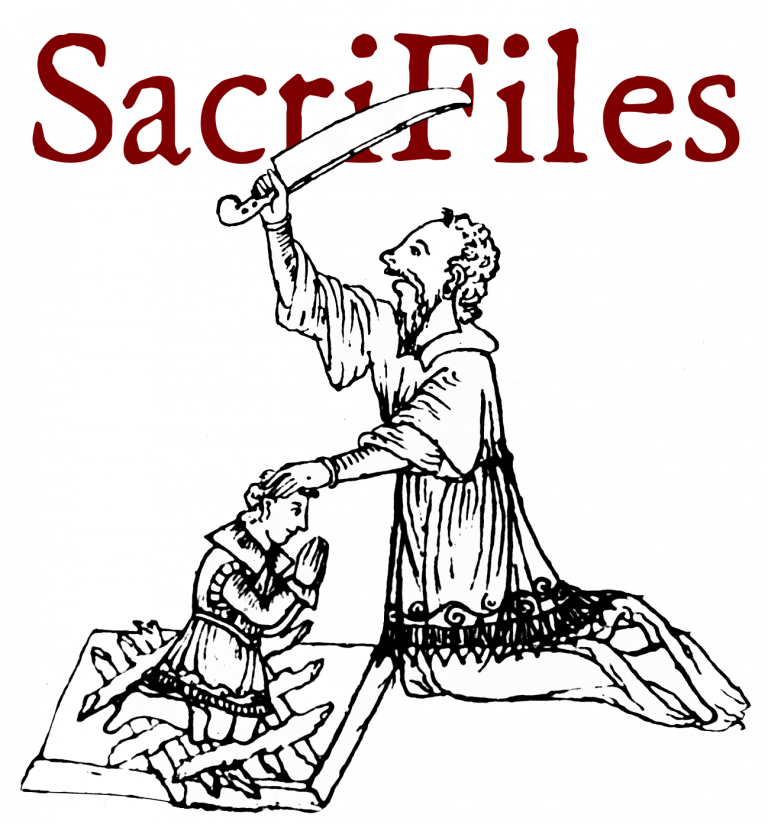Topic: 6. Sacrifices of self: Martyrology after Reformation (16th-18th Century)
During the volatile period between the sixteenth and eighteenth centuries, the concept of martyrdom underwent significant reinterpretations across different Christian denominations. This section explores how Catholics, Protestants, and Anabaptists each uniquely perceived and portrayed martyrdom. Protestants, countering the Catholic notion of sainthood, crafted new martyrologies to establish a lineage of sacrifice rooted in what they deemed as true faith. Similarly, the Anabaptists viewed the state of persecution, as chronicled in their martyrologies, as a testament to being part of the true church. This collection includes a wide array of early modern Catholic, Lutheran, Calvinist, and Anabaptist printed sources and images. It is further enriched by a comprehensive bibliography spanning from the 19th to the 21st Century, offering modern perspectives on these historical interpretations
A Defence of the Vindication of K. Charles the Martyr; Justifying His Majesty's Title to Eikon Basilike. In Answer to a Late Pamphlet Intituled Amyntor
London: W. Bowyer, 1699.
A Vindication of King Charles the Martyr, Proving That His Majesty Was the Author of Eikon Basilike. Against a Memorandum, Said to Be Written by the Earl of Anglesey; and Against the Exceptions of Dr. Walker, and Others
London: Joseph Hindmarsh, 1693.
A True Account of the Author of a Book Entituled Eikōn Basilikē, or, The Pourtraiture of His Sacred Majesty in His Solitudes and Sufferings: Proved to Be Written by Dr. Gauden, Late Bishop of Worcester. With an Answer to All Objections Made by Dr. Hollingsworth and Others. Published by Anthony Walker, Late Rector of Fyfield in Essex. With an Attestation Under the Hand of the Late Earl of Anglesey to the Same Purpose
London: Nathanael Ranew, 1692.
To the King, Upon His Majesty Happy Return
London: Henry Herringman, 1660?.
Several Evidences Which Have Not Yet Appeared in the Controversy Concerning the Author of Eikōn Basilikē: Produced in a Letter to the Reverend Mr. Wagstaffe
London: T.W.; Richard Wilkin, 1703.
